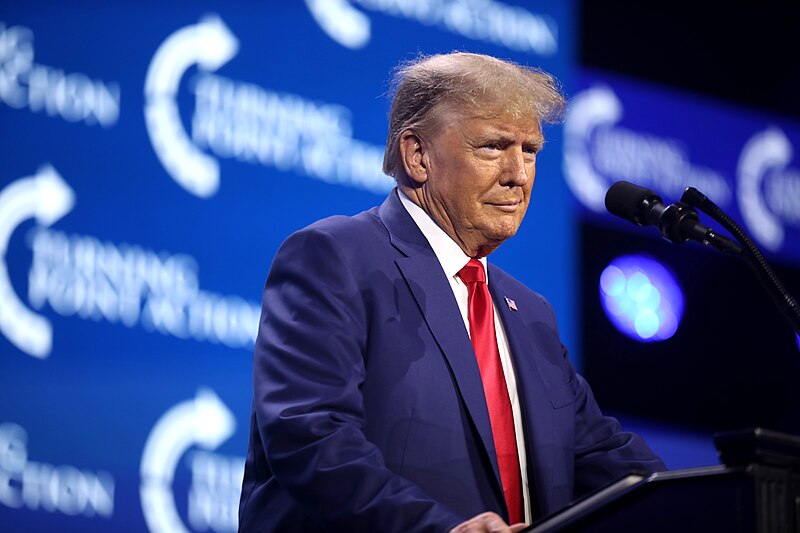
In a recent statement, NATO Secretary-General Jens Stoltenberg expressed grave concern over former President Donald Trump's remarks suggesting that the
United States might not uphold its commitment to defend NATO allies failing to meet defense spending targets. Stoltenberg emphasized that such comments undermine the security of all NATO members and increase the risk for both American and European troops.
During a rally in South Carolina, Trump recounted a hypothetical scenario where a NATO member, failing to meet financial obligations, was targeted by Russia. Trump claimed he would not intervene in such a situation, opting instead to encourage the attacking party. However, he did not specify the country or leader involved, nor the timing of this supposed conversation.
Currently, 19 out of NATO's 30 member nations are spending below the alliance's target of 2% of their GDP on defense, including countries like Germany, Norway, and France. Nevertheless, most nations bordering Russia or its allies, such as Ukraine and Belarus, exceed this benchmark. For instance, Poland allocates over 3.9% of its GDP to defense, even surpassing the US in spending.
Stoltenberg reaffirmed NATO's readiness to defend its members, emphasizing that any aggression would be met with a unified and robust response. He cautioned against suggestions that allies might not fulfill their defense commitments, warning that such notions endanger the security of all members and increase risks for soldiers.
The White House condemned Trump's remarks, characterizing them as "appalling and unhinged" and asserting that they jeopardize American national security and global stability. Trump's longstanding criticism of NATO centers on what he perceives as an unfair burden on the US to safeguard other nations.
Defense and security expert Dr. Patrick Bury acknowledged Trump's frustration over European NATO members' insufficient defense spending but cautioned against such extreme statements. He highlighted the precarious geopolitical situation, particularly amidst Russia's heightened military spending and aggression.
While Russia launched a full-scale invasion of Ukraine in 2022, following Trump's presidency, the US has remained a significant supporter of Ukraine, providing substantial financial aid exceeding $44 billion since the invasion. However, Republican lawmakers have recently stalled new funding for Ukraine, seeking stricter measures on immigration, a move celebrated by Trump during his rally.
Ultimately, the separation of these issues allows for a separate debate on aid to Ukraine, emphasizing the complex dynamics of international relations and domestic politics intertwining in the aftermath of Trump's presidency. Photo by Gage Skidmore from Surprise, AZ, United States of America, Wikimedia commons.






































